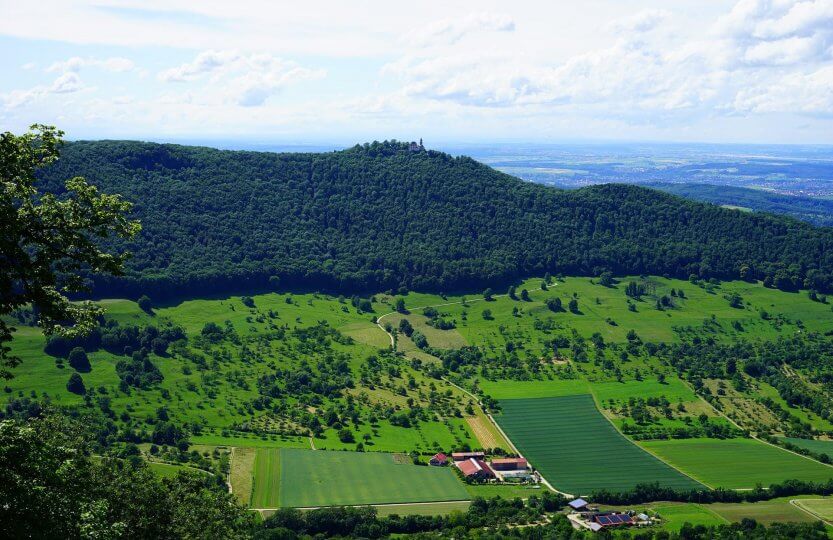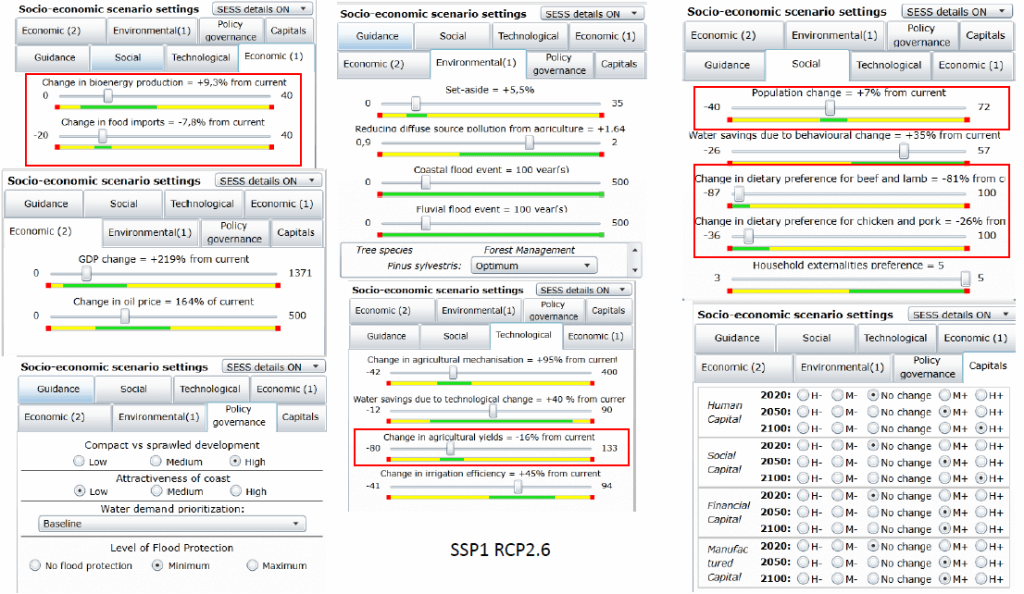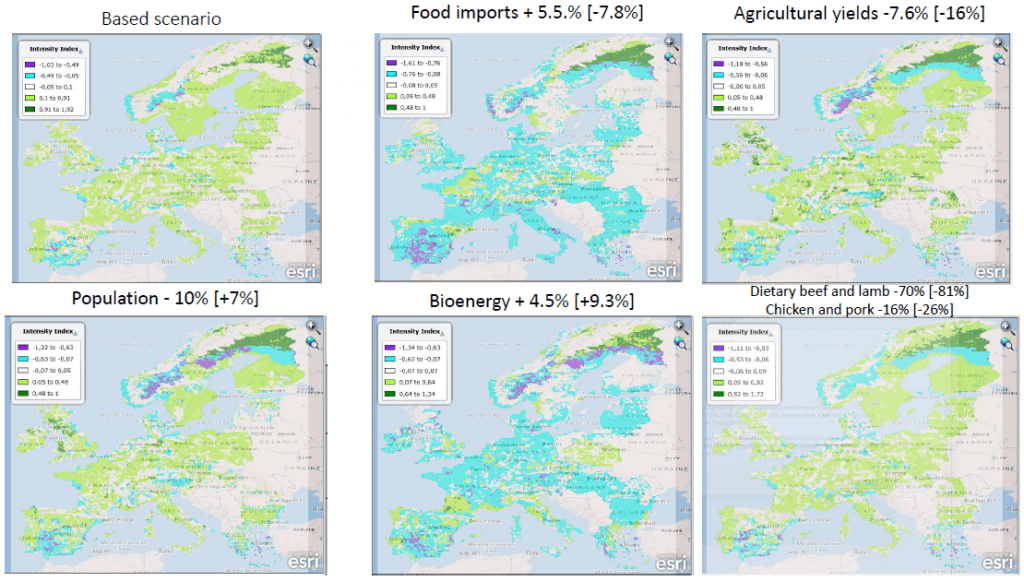As Summer approaches and we can finally enjoy the gift of studying together in a non-virtual environment again, I thought of sharing my experience of a great Summer School opportunity. I took this School on “Land Use and Ecosystem Change” organized by the Karlsruhe Institute of Technology last year and this year’s application is still open (see info below). While it was offered virtually last year, it was still a blast and I hope that some of you will get the chance to participate in presence this year.
The topic
As the name already suggests, the School focuses on land use, land use change and the effect of these changes on ecosystems. In more detail, lectures addressed the modelling of land use change, the question of how land use is integrated in policy frameworks like IPBES as well as issues related to ecosystem services, species habitats, and biodiversity. Although some of these topics might seem familiar and are covered within GCE lectures, I really enjoyed looking at them from a land use (change) standpoint.
Furthermore, the School approached the discussed topics from a socio-ecological perspective, incorporating concepts like resilience, vulnerability, and risk management. Besides, we got a lot of input about past, present and future drivers of land use change and discussed the role of social networks and human impact, e.g., in form of deforestation or land abandonment. What I really enjoyed is that they tried to show how these changes and processes are connected on an international scale.
The format and lecturers
The organizers really put a strong effort into making the School as applied and active as possible. A usual day would start with a lecture followed by a Q&A session or a quick discussion round and an introduction into the group work, which was continued in the afternoon. The days adjourned by presenting the group work and having discussions about the topic. On two of the days, we had the chance to exchange our ideas about two posted questions through reading and commenting on each others’ ideas (basically a virtual form of a discussion forum). The group exercises were definitely a big plus. Using different models or assessment tools, we had to investigate about the effect of different land use and emission scenarios, and how these changes would differ between countries. We also took a closer look into the changes in ecosystem productivity under different land use scenarios.
I highly valued the broad variety of platforms, modelling tools, and datasets that they selected for the group exercises. It gave a great insight into the availability of (open source) data and makes you want to use this data for future analysis. Especially for students that like to dive into the field of land use (change), this could be beneficial for a future thesis or project. One other point why I recommend this School are the professors and lecturers. All are major experts in their field and have been closely engaged in important (research) activities, e.g., the writing of the IPBES report. They are very motivated to share their knowledge and are always happy to have a personal talk.
The participants and the setting
The School is open to international master and PhD students. I think the committee did a great job in selecting the participants. We had a diverse group with an almost equal split between master and PhD students. For me, I really enjoyed hearing about the projects the PhD students were conducting, and I think their perspectives enriched the discussions a lot. It was also nice to see some real-world projects dealing with land use change and the challenges they were facing. Even online, we had some very cool discussions and I assume that this is even better when the School will take place in person this year in the alpine region of Garmisch-Partenkirchen. Although I have only been there during my free time, I can definitely say that this is a great region to spend a Summer School and I am convinced that the organizers have great excursions planned for this year, too.
Any drawbacks?
Well, as the master program GCE is very diverse, there are topics that have been covered in classes before. Especially the lectures about ecosystem services, biodiversity or the CBD will be more of a repetition rather than new knowledge. However, putting these topics in the light of land use change adds some new perspectives and I believe that it can be a nice possibility to refresh some knowledge or engage even more in the discussions. Moreover, the many tools, models and datasets that you will get to know during the School can be very beneficial for people that want to pursue a career in the field of land use and ecosystem change.
Wrap-up
I would recommend this School to anyone interested in land use, the drivers and challenges of land use change, and the relation to social system. The School offers a new perspective into a topic, i.e. land use change, that I find GCE courses only cover partly. If you are looking for motivating and engaging professors to extend your network, then you are absolutely right to go for this School. If you want completely new knowledge, then this Summer School might not be your first choice, as some of the topics are covered by the GCE program modules.
I hope I could motivate some of you to take part in this School. This year, the Summer School will take place from the 16th to the 23rd of August. Applications are still open until May 27th, 2022. Keep in mind that you need a signed motivation letter, so don’t wait too long! 😉
More information about this year’s summer school clicking here.











